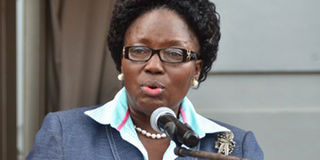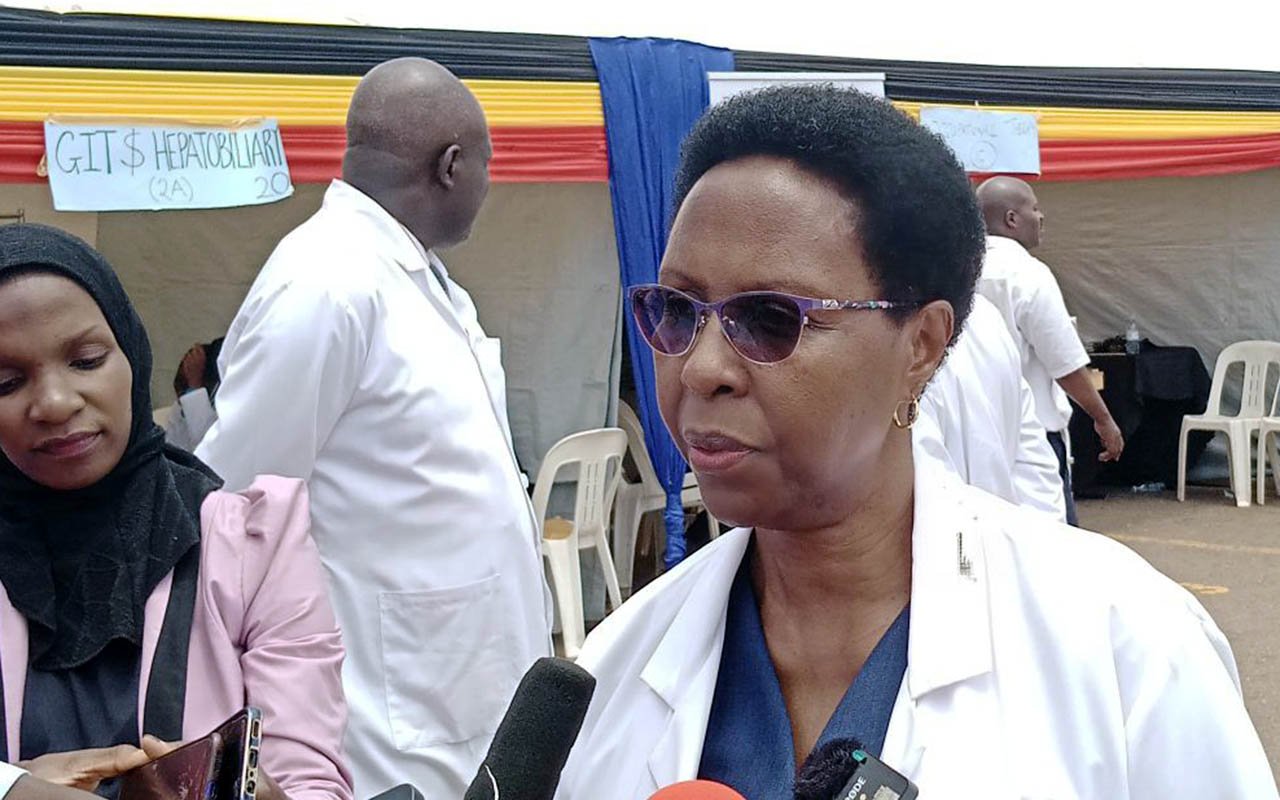Kadaga tells world leaders to emulate Uganda on equity

The Speaker of Parliament, Ms Rebecca Kadaga. FILE PHOTO
What you need to know:
- Negative cultural practices such as female genital mutilation, Ms Kadaga said is a practice Uganda is about to end because “we have established boarding schools so that the girls can remain in school during the circumcision season”.
- The Speaker made the remarks on Tuesday at the 62nd session of the United Nations Commission on the Status of Women in New York.
The Speaker of Parliament, Ms Rebecca Kadaga, has implored world leaders to implement Uganda’s strategy on gender equity, a government tactic that essentially offers a pluralistic approach that values the diversity among both men and women.
Ms Kadaga said Uganda’s interventions have strategically enabled women to move at a near equal footing with men, including tackling negative cultural practices that disadvantage the girl child. “Uganda has quite extensive legislation on domestic violence, female genital mutilation; we have also trained police and judiciary on how to handle cases of violence against women,” she said.
The Speaker made the remarks on Tuesday at the 62nd session of the United Nations Commission on the Status of Women in New York.
The 10-day discussion is themed “Challenges and opportunities in achieving gender equality and the empowerment of rural women and girls”.
Ms Kadaga said economic policies have also been put in place to give women an advantage in accessing credit for entrepreneurship and other business enterprises. “On the economic side, we have supported young girls and boys using the youth livelihood fund,” she said.
Cultural practices
Negative cultural practices such as female genital mutilation, Ms Kadaga said is a practice Uganda is about to end because “we have established boarding schools so that the girls can remain in school during the circumcision season”.
In a report to the Economic and Social Council, United Nations Secretary General Antonio Guterress said rural women are still largely disadvantaged.
“It [study] noted that rural women tended to be excluded from leadership and decision-making and were disproportionately affected by poverty and unequal access to land and natural resources, infrastructure and services and decent work and social protection,” partly read Guterress’ report.
The session, which ends on March 23, will be focused on making resolutions on how governments can best engender economic empowerment and entrepreneurship of women, agriculture and food security and governance especially on political decision making. Other areas are finance and gender budgeting.



